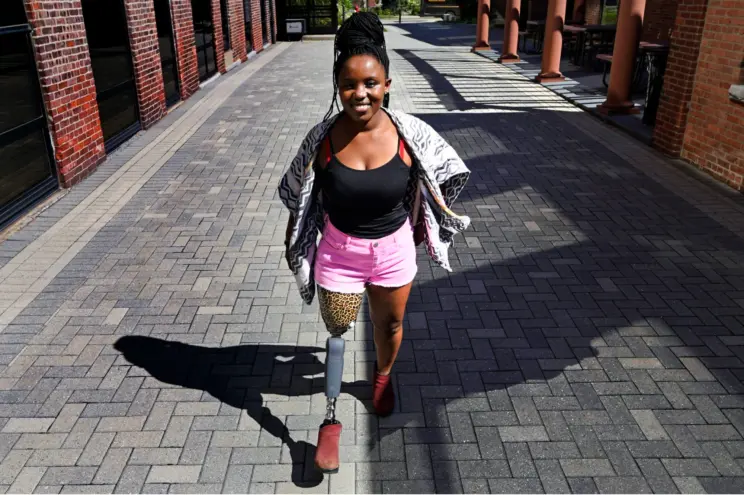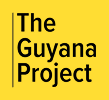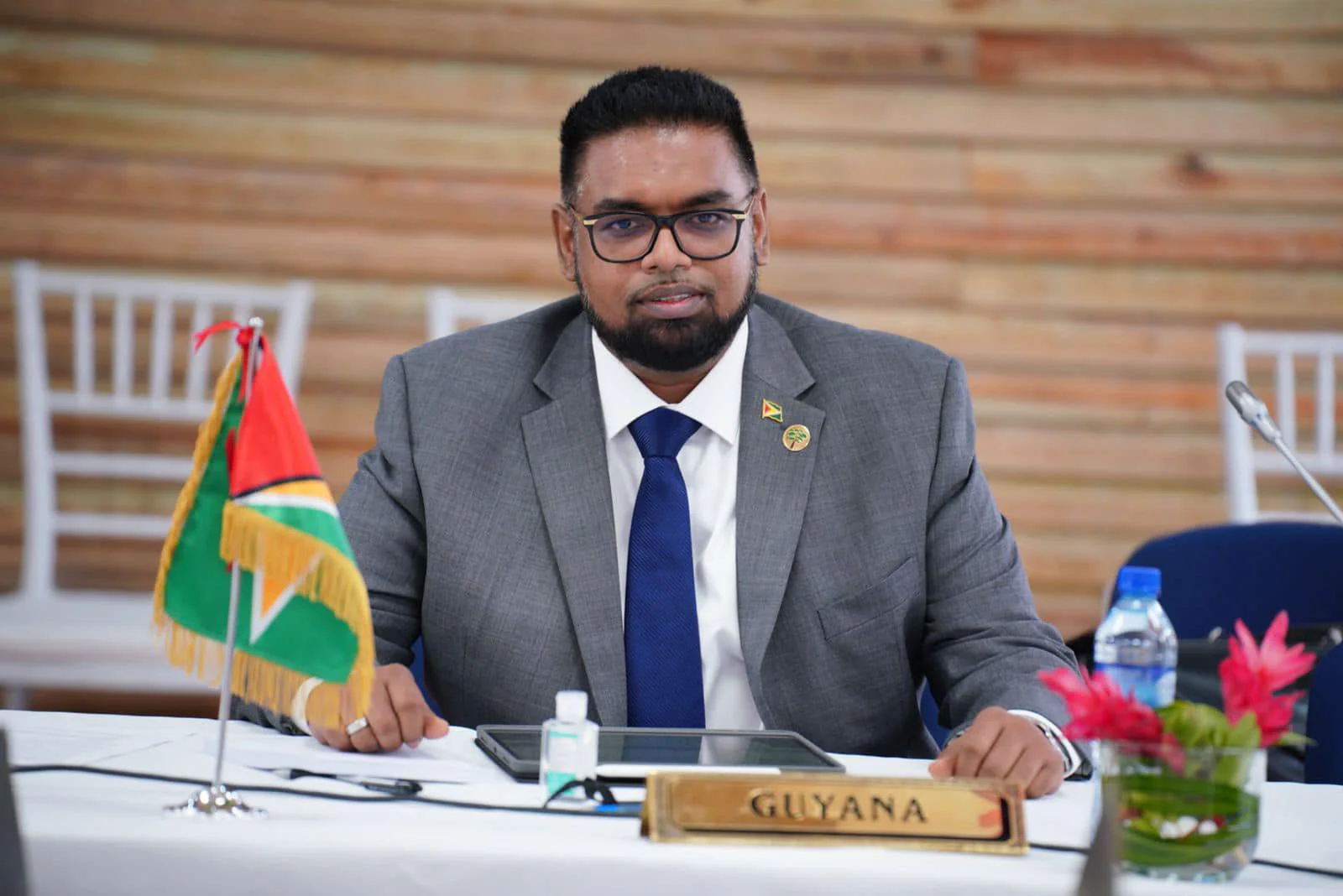Close

Dozens of Guyanese amputees are set to benefit from life-changing support through the inaugural India–CARICOM Prosthetic Limbs Camp, launched this week at the Ptolemy Reid Rehabilitation Centre. The initiative is a collaborative effort between the Ministry of Health, the High Commission of India, and the Caribbean Community (CARICOM), and aims to restore mobility, independence, and dignity to citizens across all regions (Department of Public Information).
The programme provides prosthetic limbs free of cost to recipients, addressing one of the most pressing challenges faced by amputees. Prosthetic devices often cost upwards of $400,000, placing them beyond the reach of many who need them. By removing the financial burden, the camp opens the door to greater social participation and improved quality of life for individuals living with disabilities (Ministry of Health).
Specialists at the camp are working closely with participants to ensure that each prosthetic limb is properly fitted and adjusted to the needs of its user. Training is also included, enabling recipients to adapt more easily to their new devices and regain confidence in daily movement. Already, 35 prosthetic limbs have been completed, with a target of more than 50 before the conclusion of the exercise (Department of Public Information).
The camp builds on previous international partnerships in Africa, where similar projects supported amputees in Tanzania and Ethiopia. Guyana is the first CARICOM state to benefit, but plans are already underway to expand the initiative to other member countries. In addition to prosthetic fittings, the collaboration will include training and capacity-building opportunities to strengthen regional expertise in rehabilitation services (CARICOM Secretariat).
For local disability advocates, the initiative represents more than medical support. It is a statement of inclusivity and a reaffirmation of the rights of persons with disabilities to live independently and fully participate in society. Access to mobility is directly linked to economic and social opportunities, making this programme a powerful tool in reducing inequalities and improving national outcomes (CARICOM Secretariat).
The India–CARICOM Prosthetic Limbs Camp signals a deepening of partnerships that extend beyond healthcare to long-term cooperation in human development. For the beneficiaries, however, the most immediate impact will be the simple yet profound ability to walk again, participate in daily life, and embrace a renewed sense of independence (Ministry of Health).

The Guyana Project is an independent media platform delivering fact-checked, ground-level reporting on politics, economy, and public life in Guyana. With a focus on transparency and development, we bring unfiltered news and thoughtful analysis to help shape a more informed, forward-looking nation.

Free Prosthetic Limbs Initiative Launched to Support Amputees Nationwide

Lorem Ipsum is simply dummy text of the printing and typesetting industry. Lorem Ipsum has been the industry’s standard dummy text ever since the 1500s, when an unknown printer took a galley of type and scrambled it to make a type specimen book. It has survived not only five centuries, but also the leap into electronic typesetting, remaining essentially unchanged. It was popularised in the 1960s with the release of Letraset sheets containing Lorem Ipsum passages, and more recently with desktop publishing software like Aldus PageMaker including versions of Lorem Ipsum.
t is a long established fact that a reader will be distracted by the readable content of a page when looking at its layout. The point of using Lorem Ipsum is that it has a more-or-less normal distribution of letters, as opposed to using ‘Content here, content here’, making it look like readable English. Many desktop publishing packages and web page editors now use Lorem Ipsum as their default model text, and a search for ‘lorem ipsum’ will uncover many web sites still in their infancy. Various versions have evolved over the years, sometimes by accident, sometimes on purpose (injected humour and the like).
Contrary to popular belief, Lorem Ipsum is not simply random text. It has roots in a piece of classical Latin literature from 45 BC, making it over 2000 years old. Richard McClintock, a Latin professor at Hampden-Sydney College in Virginia, looked up one of the more obscure Latin words, consectetur, from a Lorem Ipsum passage, and going through the cites of the word in classical literature, discovered the undoubtable source. Lorem Ipsum comes from sections 1.10.32 and 1.10.33 of “de Finibus Bonorum et Malorum” (The Extremes of Good and Evil) by Cicero, written in 45 BC. This book is a treatise on the theory of ethics, very popular during the Renaissance. The first line of Lorem Ipsum, “Lorem ipsum dolor sit amet..”, comes from a line in section 1.10.32.